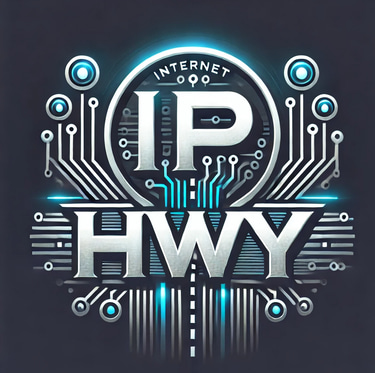Why I feel Cisco’s Quantum Bet on Orchestration May Matter More Than Qubits
Quantum isn’t just about qubits anymore... Cisco is betting on the highways that connect them.
Jim Leone
9/28/20252 min read
When people talk about the quantum race, the conversation almost always turns to qubit counts--> IBM pushing past 1,000, Caltech demonstrating a 6,100-qubit array, or startups like Quantinuum promising fault-tolerance breakthroughs.
But focusing only on qubits is like judging the internet by how many servers you own. The true test of impact lies in how those systems are connected, scaled, and made usable by developers. That’s why Cisco’s recent announcement, new software to orchestrate workloads across heterogeneous quantum systems, might be one of the most important moves in the quantum industry this year.
Orchestration --> The Hidden Bottleneck
Quantum computing isn’t a single monolithic technology. Today we have:
Superconducting qubits (IBM, Google) - fast, but fragile at scale.
Trapped ions (IonQ, Honeywell) - stable, but harder to scale physically.
Neutral atoms (QuEra, Caltech) - promising large-scale arrays.
Silicon-based (CMOS) (Quantum Motion) - leveraging existing fabrication processes.
Each comes with its own APIs, error models, and programming languages. For developers, this is a nightmare... an algorithm written for trapped ions won’t simply run on superconducting hardware.
That’s where orchestration comes in. Think of it as the Kubernetes moment for quantum... a way to abstract away the hardware differences so workloads can run across architectures, and even be partitioned for performance.
Without orchestration, quantum risks becoming a fragmented ecosystem. With it, we could see a quantum cloud where developers build once and run anywhere.
Why I Believe Cisco’s Move Makes Sense...
Cisco has decades of experience in:
Networking & Interoperability - They connect data centers, cloud providers, and critical infrastructure globally.
Traffic Management at Scale - From routers to SDN to cloud orchestration, Cisco excels at making heterogeneous systems work together.
Enterprise Trust - CIOs and CISOs already see Cisco as a safe bet for mission-critical infrastructure.
Cisco isn’t competing in the qubit arms race. Instead, it’s betting that when the dust settles, the world will need a control plane for quantum workloads.
This mirrors past industry shifts:
Cloud computing took off when virtualization made workloads portable across servers.
Containers exploded only after orchestration (Kubernetes) enabled multi-cloud portability.
Telecoms went global once interoperability standards allowed different carriers to connect seamlessly.
Cisco is positioning itself to be the backbone of the quantum internet.
Why I Believe This Matters for Enterprises...
For most businesses, the key question isn’t “who has the most qubits?” - it’s...
Will my workloads run in 5 years without rewriting them from scratch?
Can I mix classical + quantum resources without breaking workflows?
Will I be locked into one vendor’s ecosystem?
Quantum orchestration promises answers:
Workload portability - write once, run across multiple backends.
Future-proofing - abstracting away hardware so migration isn’t painful.
Hybrid integration - blending quantum + classical compute seamlessly.
In other words... orchestration is what makes quantum investable and sustainable for enterprises.
What This Means for the Quantum Race...
For Hardware Players: Qubit supremacy alone won’t guarantee dominance. If you can’t plug into orchestration frameworks, you risk becoming a niche vendor.
For Enterprises: The winning strategy isn’t to bet on qubit counts but to adopt an abstraction-first approach that ensures longevity.
For Cisco: This is a chance to own the “plumbing” of quantum, a defensible position that could outlast qubit-level competitors.
The Long Road Ahead
I believe we’re still years away from fault-tolerant quantum computers solving practical problems at scale. But orchestration is a 'now problem'. Developers are already experimenting, and fragmentation will only grow.
Cisco’s bet is clear: rather than fight over who builds the fastest quantum engine, it wants to build the airports, control towers, and air traffic systems that keep the skies safe when hundreds of planes (or quantum machines) are in the air.
If history is any guide, those who control the infrastructure layers, not just the raw hardware, will be the ones shaping the future of computing.
The IP HighWay
Stay updated with the latest IT security news.
info@iphwy.com
© 2025. IPHwy LLC. All rights reserved.



